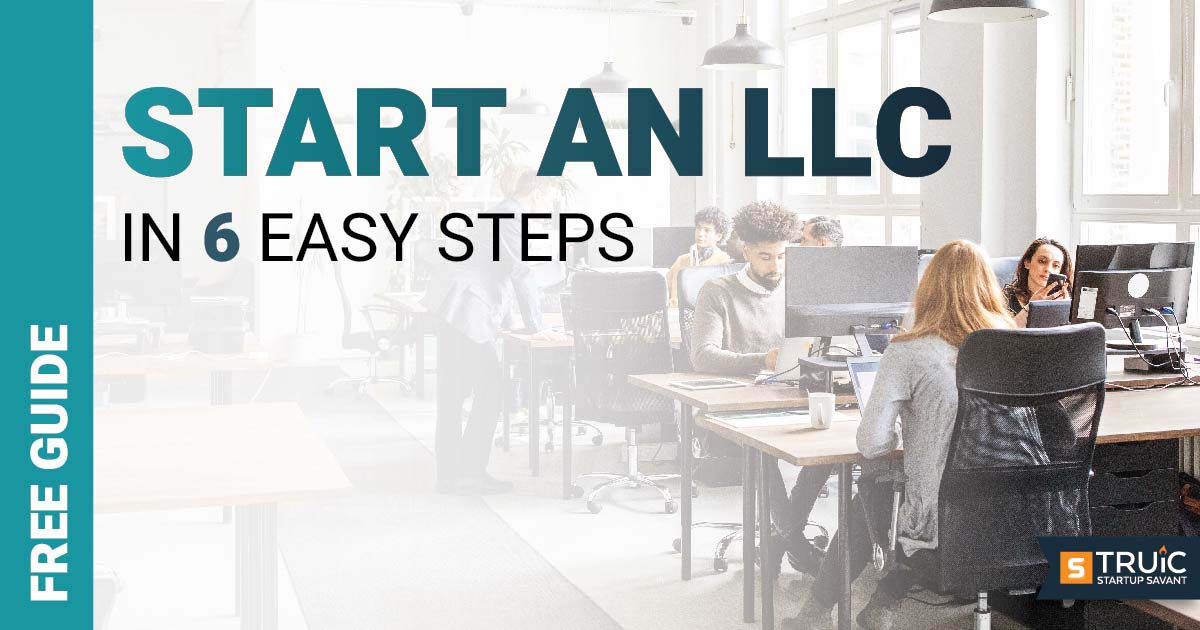What Is Business Interruption Insurance?

Last Updated: By TRUiC Team
When you’re starting a new business, it’s vital that you protect your company with the right insurance policies to cover any potential claims against you. While most entrepreneurs have at least some knowledge about general liability insurance and workers’ compensation insurance, business interruption insurance can often be neglected.
Business interruption coverage protects your company in the face of an unexpected temporary closure due to disasters and other perils covered by your commercial property insurance. With this type of insurance, you can keep paying bills, covering payroll, and even have your lost income replaced while your business is closed. But does your company really need business interruption insurance? How much coverage do you need? And is there anything excluded from your policy?
This article will cover everything you need to know about business interruption insurance and if it’s something your business needs.
Recommended: Next Insurance combines a high level of protection with the best premiums. Get an online quote.
What Is Business Interruption Insurance?
Business interruption insurance does exactly what you’d think. It helps your company survive a period in which your business operations are interrupted by a fire, natural disaster, or other peril that temporarily closes your doors. This coverage can be purchased as an add-on to your commercial property insurance or business owner’s policy.
While many people wrongly believe that commercial property insurance will cover their lost wages in the event of a disaster, only business interruption insurance will do this.
Let's Find the Right Coverage for your Business
Next Insurance is a fully online provider dedicated to low-cost, high-protection coverage for small businesses. Get a quote instantly.
What Does Business Interruption Insurance Cover?
There’s actually quite a bit that falls under the coverage umbrella of business interruption insurance. While lost revenue is what comes to mind first, there are a number of other items covered by this policy.
- Lost revenue: The centerpiece of business interruption coverage, lost revenue coverage provides you with the revenue you would have earned had your business remained open.
- Rent or mortgage payments: Business interruption insurance will also ensure that you have the funds available to make your rent or mortgage payments in a timely fashion.
- Payroll coverage: If your business closes for a period of time, you may lose employees who need to find other means of income. Carrying business interruption insurance means your employees will continue to receive their regular paychecks while your business is closed, ensuring your retain your workforce until you’re ready to reopen.
- Moving costs: If your place of business is damaged beyond repair, or if the repairs will take an extended period of time, you may need to move your company to a different location. If this happens, business interruption insurance provides the funds you need to relocate.
- Tax payments: The IRS will not give you a break on your tax liabilities just because your business has faced a disaster that temporarily closed your doors. Thankfully, business interruption insurance will make sure you can make all tax payments on time to prevent additional fines or penalties.
- Loan payments: Just as the IRS will still comes knocking regardless of your business’ status, banks will still expect you to make any loan payments you owe on time. Business interruption insurance will allow you to stay up to date on all your financial liabilities until you’re back up and running.
- Civil authority coverage: Slightly different than the rest of the benefits in the policy, civil authority coverage will reimburse you for lost revenue in the event that customers cannot access your business due to citywide curfews or other wide-reaching emergency situations that affect your regular business operations.
What Is NOT Covered by Business Interruption Insurance?
While business interruption policies have a fairly broad range of benefits for businesses facing unexpected closure, there are a few things not covered by most business interruption policies.
- Closures under 72 hours: For a business interruption insurance plan to kick in, your business needs to be closed for a minimum of 72 hours.
- Partial closures: If part of your business is closed for repairs, but the rest of it remains open, business interruption insurance will not cover your company’s partial closure.
- Utilities: Most business interruption insurance policies don’t cover utilities like gas, electric, water, etc. This is because if a business is closed, it usually stops its utility services until it reopens.
- Non-covered losses: If a peril isn’t covered by your commercial property insurance policy, it won’t be covered by your business interruption insurance either. Floods are a common disaster that are generally not covered by commercial property or business interruption insurance.
- Seasonal slumps, leadership mistakes, poor business climate: Business interruption insurance will not cover bad business decisions or ups and downs in your industry or the economy.
How Much Coverage Do I Need?
Regardless of what industry you’re in or the size of your company, there are four general steps to determining the right level of business interruption coverage for your business.
- Make income projections: The first step is to determine how much total income you expect your business to bring in over the next 12 months. This can be a difficult question, especially for young businesses that don’t quite know what to expect yet. Still, it’s important that your projection is realistic, since in the event of a claim, your insurance provider will pay you according to this number.
- Make restoration projections: You will also need to determine how long it would take to get your business up and running again after an incident. To do so, you should consider the worst-case scenario for your business. For example, if a fire destroys your commercial property, how long do you think it would take to rebuild and restore the property to a state that is safe to occupy? The answer to this question determines the other half of your insurance provider’s income/restoration estimate formula for coverage.
- Adhere to coinsurance requirements: In many cases, your insurance provider will require you to maintain insurance coverage for a certain percentage of the value of your property. Typically, this rate is 80%, meaning that for a company with $1 million in gross earnings, you will need to buy at least $800,000 worth of coverage. If you don’t purchase enough coverage, you may be subject to financial penalties.
- Premium adjustment endorsements: Sometimes, you can over-insure your company by buying more coverage than the coinsurance clause requires. In these situations, a premium adjustment endorsement can refund the money you paid for excess coverage. This will prevent you from overspending on coverage you don’t need.
Final Thoughts
Business interruption coverage is a vital piece of the insurance puzzle for many companies.
It can mean the difference between surviving or going out of business in the event of an unexpected disaster. If your company has any risk of interruption whatsoever, business interruption insurance is a must. Thanks to premium adjustment endorsements, it can also be quite affordable.
Acquiring the right amount of coverage and accurately assessing and documenting your business’ revenue and recovery expenses are crucial to building a business interruption insurance policy that will protect you when you need it.


